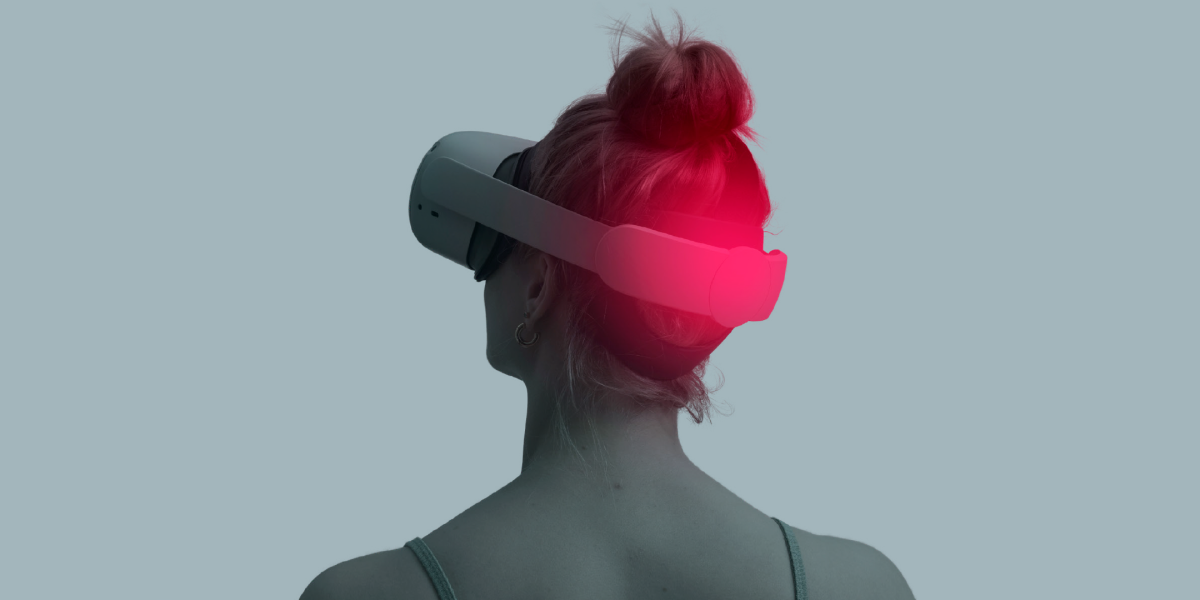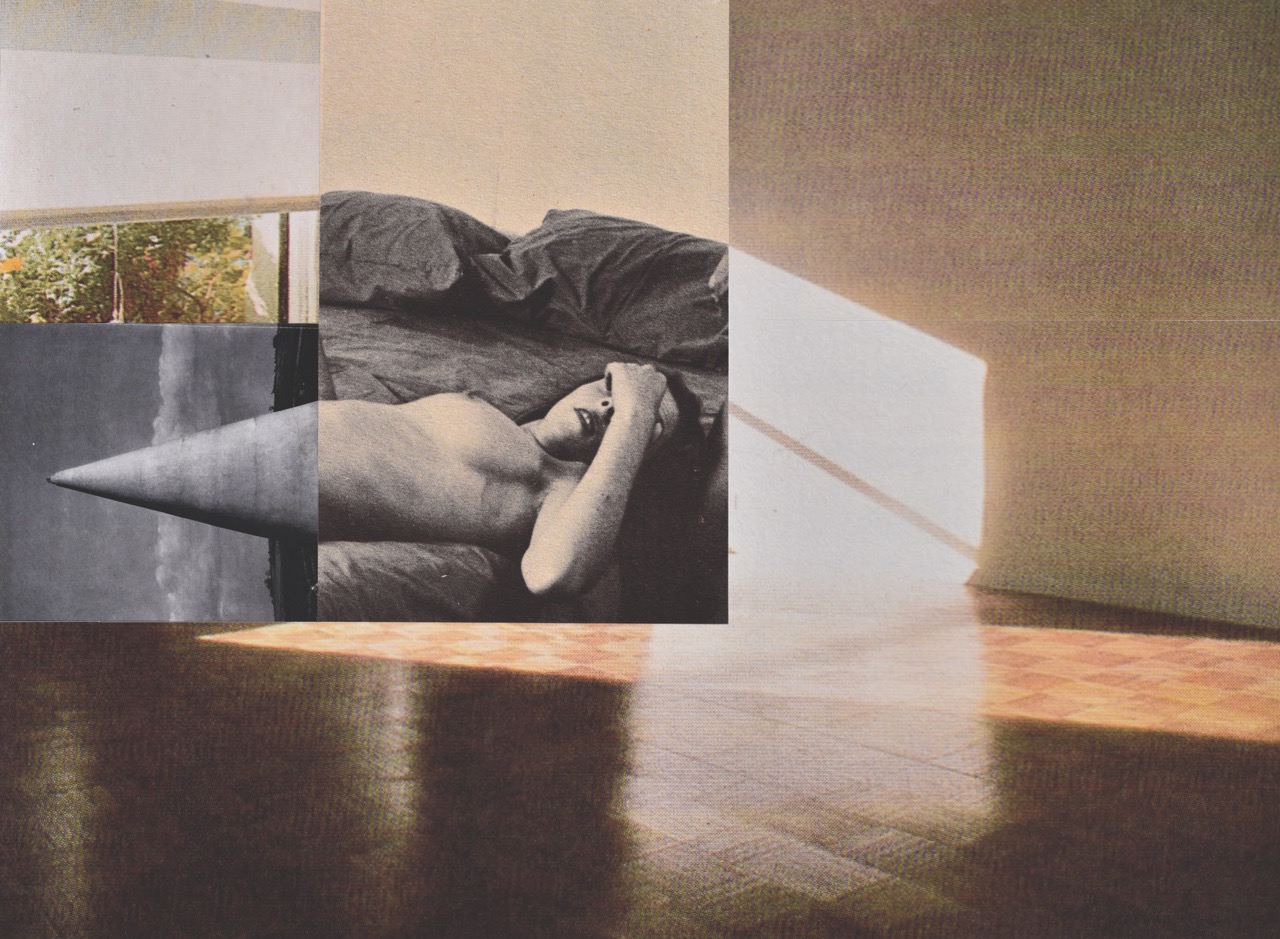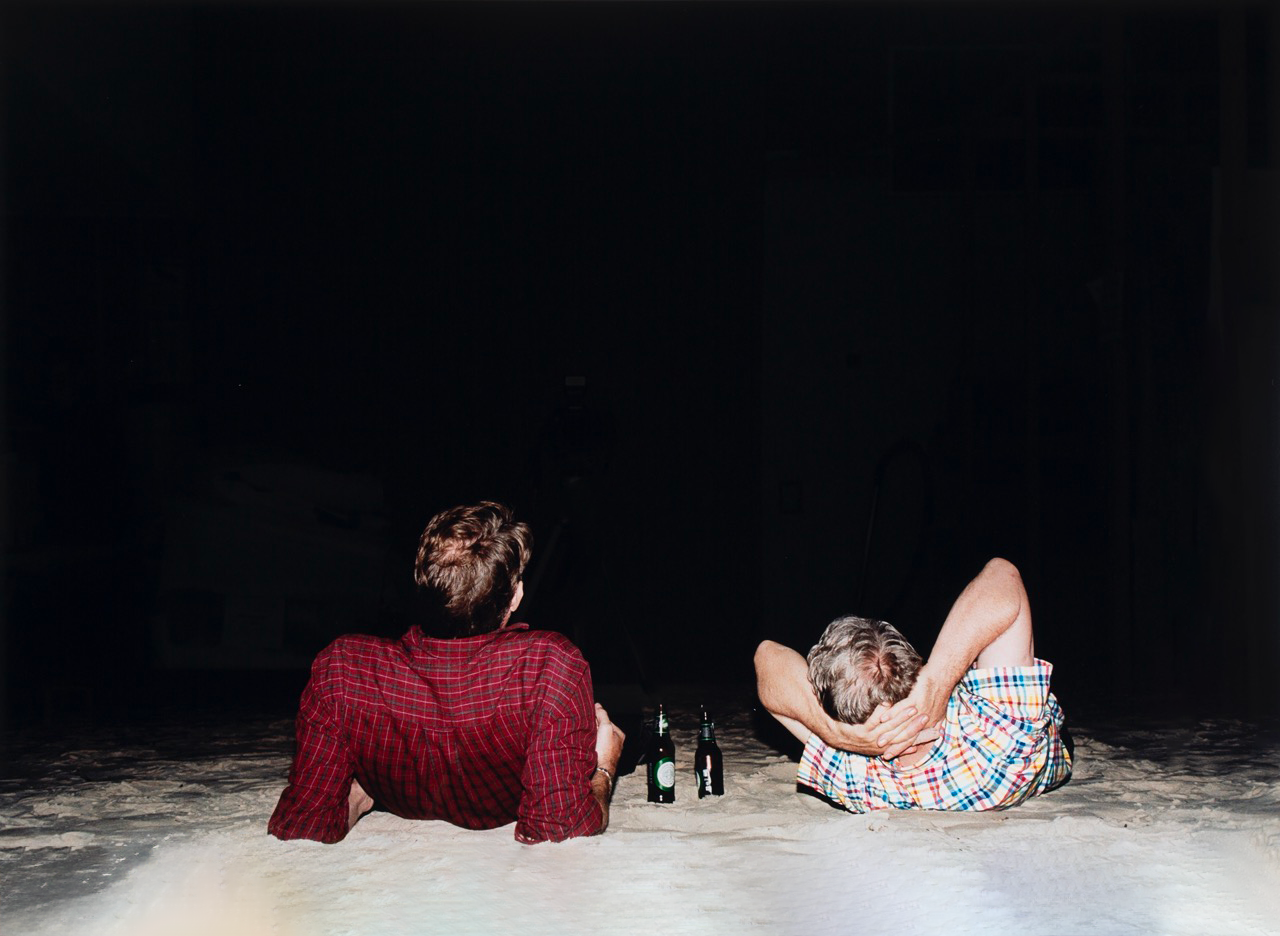Big Trauma/Big Change: Building Tomorrow Today

A 3-day International Forum by the Big Anxiety Research Centre, March 21 -23, 2024, UNSW, Kensington + on campus festival, 13-23 March.
View the Program Overview here!
Conceived in the revolutionary tradition of prefigurative practice – or building tomorrow today1 – Big Trauma/Big Change brings together inspiring leaders and collaborators who are reimagining approaches to mental health and social support, creating radical change from the ground-up, in ways that genuinely, deeply and effectively address trauma and everyday suffering.
Rather than focusing on existing systems, Big Trauma/Big Change is a forum for visionary, decolonising thinking and creative experimentation. It asks how we might address trauma, suicide and emotional distress as cultural issues, rather than medical ones – and how we can use our creative capacities to generate innovative practice and enact change today.
With an emphasis on experience and engagement, Big Trauma/Big Change focuses on putting theory into practice. Our international and local keynotes speak from their experience of enacting change in regional, remote and metropolitan communities, and of creating the tools to promote social justice and transformation, along with practical steps to transforming trauma.
As well as presenting bold new theoretical frameworks, and awe-inspiring experiential and immersive media, the forum aims to share transferable methods for designing and enacting change, drawing from many disciplines/perspectives, including (but not limited to!) art and design, Indigenous knowledge, trauma theory, psychosocial practice, social work, psychoanalysis, activism and lived experience.
Ticket prices include:
- 3-day pass to the forum
- Access to all talks, workshops, panel discussions, screenings, seminars and creative presentations
- Opportunity to present a paper (day 1) and to submit for publication in one of two special issues (subject to peer review; see below)
- Catering: morning tea, lunch, afternoon tea and refreshments every day
- Access to immersive environments and the Big Anxiety Research Centre’s full suite of VR/mixed reality programs and AI companions – including a chance to chat to professionals about the potential for immersive media development/applications in the field
- Membership of our network with opportunities for feedback, codesign and collaboration
Discounted tickets available for full-time students/low income attendees: 3-day pass, $70+booking fee: 1-day pass, $45. Email a.wirtz@unsw.edu.au for promotion code applied at checkout.
Single day passes available but limited.
Background
In the 7 years since The Big Anxiety festival was founded, we have seen growing evidence that creative, cultural approaches to trauma and emotional distress are not only effective but liberating and transformative, with the potential to fill a very large gap in trauma-informed support. Our teams have cocreated ten VR and/or other immersive media experiences, working with communities across Australia, from the remote APY Lands to regional Victoria and QLD, to address complex/intergenerational trauma, suicide and violence.
The Big Anxiety Research Centre is known for ‘experiential’ festival events (for examples, see video highlights on our website, including The Big Reach, Brisbane 2022: “the best mental health conference I’ve been to”) and for a range of community projects spanning regional and remote areas (check out recent papers such as Transforming Trauma https://www.mdpi.com/2076-0760/12/4/249 ).
Call for Abstracts is open: first round closed Dec 8th 2023, second round closes January 29th 2024. Abstracts may propose either: a paper/presentation (10 mins); workshop (up to one hour); or experiential arts session.
Please submit an abstract and short bio to j.tyler@unsw.edu.au
For experiential sessions please specify space requirement.
Your abstract should explain how your work is novel, ground-breaking and effective, and how it fits with the themes of this forum. You are welcome to use the presentation to identify potential for collaboration and/or challenges you may wish to work through with others.
Publication of papers: We are pleased to announce two Special Issues (open access with fee waiver) of the peer-reviewed journal Social Science to which contributors will be invited to submit. One is the extension of our current special issue on psychosocial design in relation to trauma and mental health (ed. Gail Kenning); the other is on decolonising suicide (ed. Caroline Lenette).
Presenters include:
Alinta McGrady - Githabul, Migunberri-Yugumbeh woman, singer/songwriter, movement based artist, writer, whose work, Birth of Mother is an exploration of navigating motherhood as a young First Nations woman, looking at peri and postnatal depression.
Marianne Wobcke – Indigenous midwife and artist of Stolen Generations lineage and maternal connections to Girramay mob, whose community practice and immersive workshops and VR work focuses on breaking cycles of intergenerational trauma
Warwick community – collaborators on the documentary Changing Our Ways, working with suicide/transgenerational trauma in First Nations communities.
Family violence collective – launching a new VR project on gaslighting and spaces for action
Ngaanyatjarra Pitjantjatjara Yankunytjatjara (NPY) Womens Council, Uti Kulintjaku – Ngangkari (healers) using cultural practice and virtual reality tools for addressing trauma, suicide in remote communities
Jeffrey Ansloos - First Nations Cree scholar known for his expertise in Indigenous suicide research, University of Toronto
Noreen Giffney - Psychoanalytic Psychotherapist, University of Ulster, Northern Ireland
Indigo Daya - survivor academic, artist and activist, pioneering an emancipatory peer support approach to self injury
Daniel Regan - Executive Director, Arts & Health Hub, UK; artist working on mental health, grief, self injury, suicide and racism, through the lens of intersectional identities as a queer and disabled person of Black and white mixed heritage.
Lucinda Jarrett - Creative Director of Rosetta Life.
For more information, contact j.bennett@unsw.edu.au
1 Prefigurative politics: building tomorrow today by Paul Raekstad and Sofa Saio Gradin, Cambridge, Polity Press, 2020



